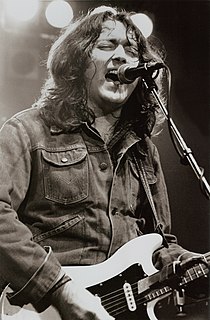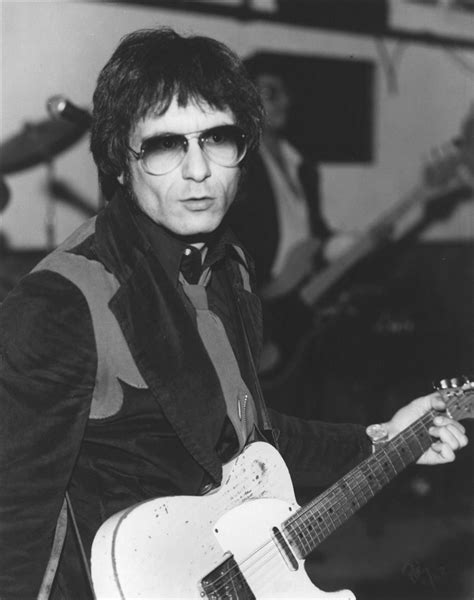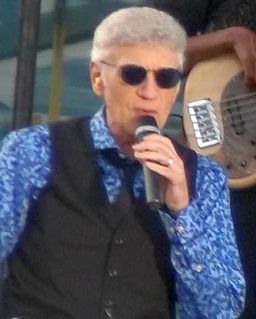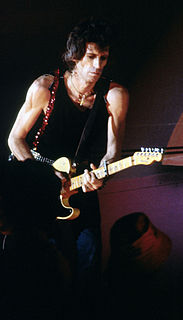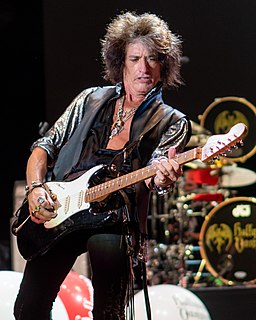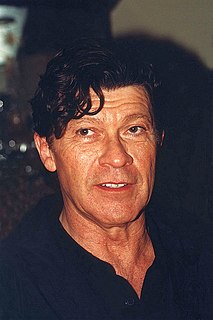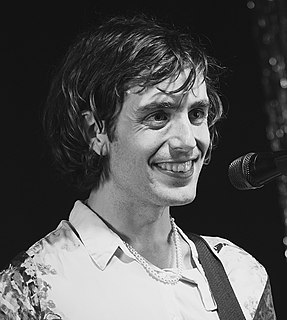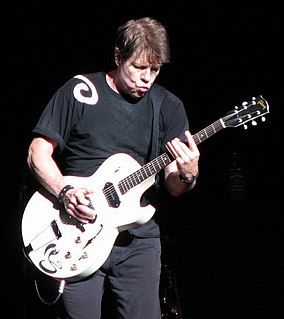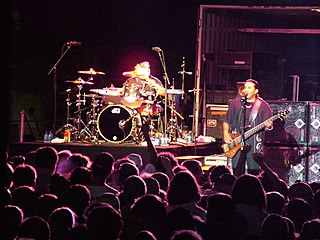A Quote by Ted Nugent
An uninhibited, Chuck Berry devotee but experimented with and broke a lot of ground on feedback techniques and solid variations in tonal and dissonant utilizations. I'm one of the best guitarists in the world, and I play with great emotion.
Related Quotes
This is no condemnation of Chuck Berry, who I greatly admire. But Chuck Berry's music will not translate as well to orchestration because of its very three-chord rock 'n' roll nature. It is the music of the artists that are more pretentious, pompous or closer to the kind of big dramatic stylings that orchestras are good with.
I said if you want to be Keith Richards, you've got to listen to Bo Diddley and Chuck Berry. Then I thought, "What did Bo Diddley and Chuck Berry listen to?" I said, "They listened to Howlin' Wolf and Muddy Waters." Well who'd they listen to? They listened to Robert Johnson. I said, "Ok, we'll start with that."
What interested me about Chuck Berry was the way he could step out of the rhythm part with such ease, throwing in a nice, simple riff, and then drop straight into the feel of it again. We used to play a lot more rhythm stuff. We'd do away with the differences between lead and rhythm guitar. You can't go into a shop and ask for a "lead guitar". You're a guitar player, and you play a guitar.

